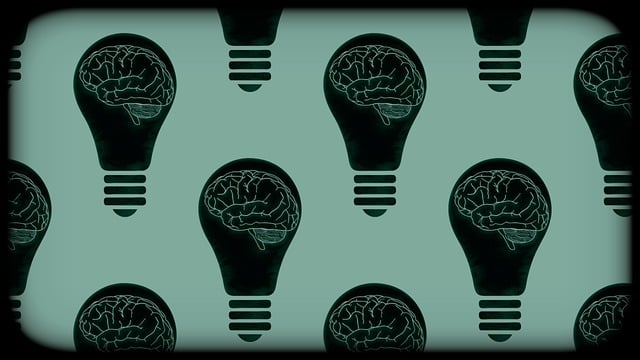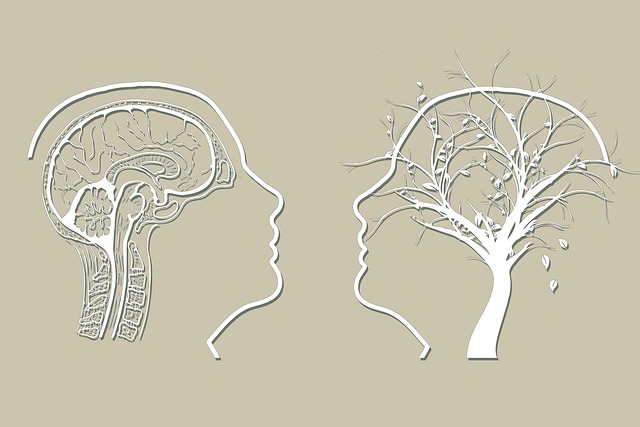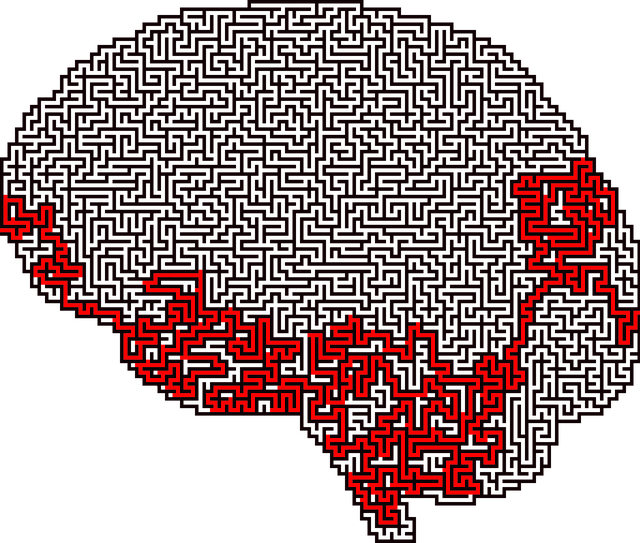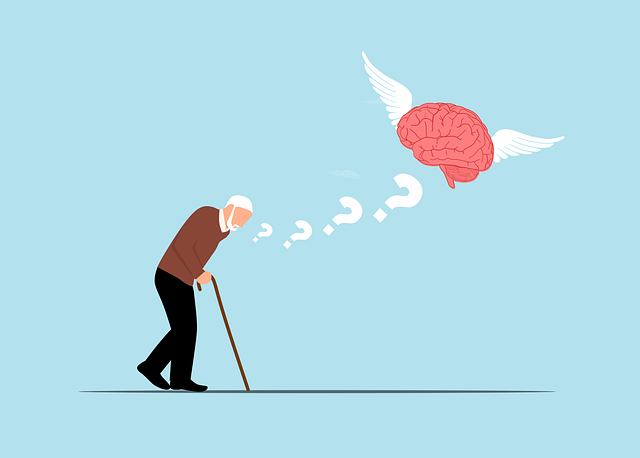Young adults facing depression or anxiety often struggle with adulthood's complexities. Therapy, including evaluations for Attention Deficit Disorder (ADD) or Attention Deficit Hyperactivity Disorder (ADHD), offers crucial tools. Social Skills Training, cognitive-behavioral therapy (CBT), mindfulness, and journaling help regulate mood, improve focus, and enhance emotional resilience. These strategies empower young adults to manage stress, foster better relationships, and lead balanced adult lives through effective coping mechanisms.
Mood regulation is a vital skill, especially for young adults navigating life’s challenges. This article explores strategies to manage emotions effectively, focusing on their relevance in young adult development. We delve into the significance of therapy and evaluations for individuals with Attention Deficit Disorder (ADD) or Attention Deficit Hyperactivity Disorder (ADHD), offering practical tips for achieving daily mood balance and resilience. By understanding these techniques, young adults can enhance their emotional well-being and overall quality of life.
- Understanding Mood Regulation and Its Relevance in Young Adult Life
- The Role of Therapy and Evaluations in ADD/ADHD Management
- Practical Strategies for Daily Mood Balance and Resilience
Understanding Mood Regulation and Its Relevance in Young Adult Life

Understanding mood regulation is paramount for young adults as they navigate the complexities of adulthood and personal development. This period is often characterized by significant emotional shifts and transitions, making effective mood management essential. Many young adults struggle with issues like depression prevention and anxiety relief, which can significantly impact their overall well-being and daily functioning.
Therapy for young adults plays a pivotal role in teaching them valuable mood regulation strategies. Through evaluations that assess conditions such as ADD/ADHD, professionals can offer tailored interventions. This includes Social Skills Training, which equips individuals with the necessary tools to interact healthily with peers, fostering better social connections and reducing feelings of isolation. By prioritizing mood regulation, young adults can enhance their resilience and adaptability, ensuring a more balanced and fulfilling adult life.
The Role of Therapy and Evaluations in ADD/ADHD Management

For many young adults struggling with Attention Deficit Disorder/Attention Deficit Hyperactivity Disorder (ADD/ADHD), therapy and evaluations play a pivotal role in managing symptoms and fostering inner strength development. Professional counseling offers a safe space to explore and understand the unique challenges associated with ADD/ADHD, promoting personalized strategies for better focus, impulse control, and emotional regulation. Through evidence-based practices, such as cognitive-behavioral therapy (CBT) or mindfulness techniques, individuals can learn to harness their inner strength and develop effective coping mechanisms.
Comprehensive evaluations are essential in tailoring these therapeutic interventions. Mental health professionals utilize various tools to assess the individual’s cognitive functions, emotional states, and environmental influences. This process not only aids in accurate diagnosis but also guides the creation of a personalized risk management plan. By integrating Mind Over Matter principles, therapy becomes a powerful tool for transforming negative thought patterns and behaviors into positive ones, ultimately enhancing overall well-being.
Practical Strategies for Daily Mood Balance and Resilience

Maintaining a balanced mood on a daily basis is a key aspect of mental wellness for young adults. Practical strategies can help in managing and regulating emotions effectively. One simple yet powerful tool is Journaling. Writing down thoughts, feelings, and experiences allows individuals to reflect and gain insights into their emotional patterns. This practice enables self-awareness, which is crucial for identifying triggers and understanding the root causes of mood fluctuations. By documenting daily events and associated emotions, one can track progress and develop coping mechanisms tailored to their unique needs.
Moreover, Exercise Guidance plays a significant role in promoting mental wellness. Regular physical activity releases endorphins, often referred to as “feel-good” hormones, which naturally boost mood. Engaging in activities like yoga or even a brisk walk can help manage stress and anxiety. Additionally, learning Conflict Resolution Techniques is essential for maintaining emotional balance. Constructive ways of addressing disagreements or misunderstandings contribute to healthier relationships and reduce the impact of stressful situations on one’s mental state. With these practical tools, young adults with ADD/ADHD or other mental illnesses can enhance their resilience, navigate challenges more effectively, and promote overall Mental Wellness.
Mood regulation is a vital skill for young adults, especially those navigating the challenges of Attention Deficit Disorder (ADD) or Attention Deficit Hyperactivity Disorder (ADHD). By understanding and implementing practical strategies, along with seeking appropriate therapy and evaluations, individuals can foster daily mood balance and resilience. Integrating these techniques enables young adults to better manage their emotional well-being and thrive in various aspects of life.











